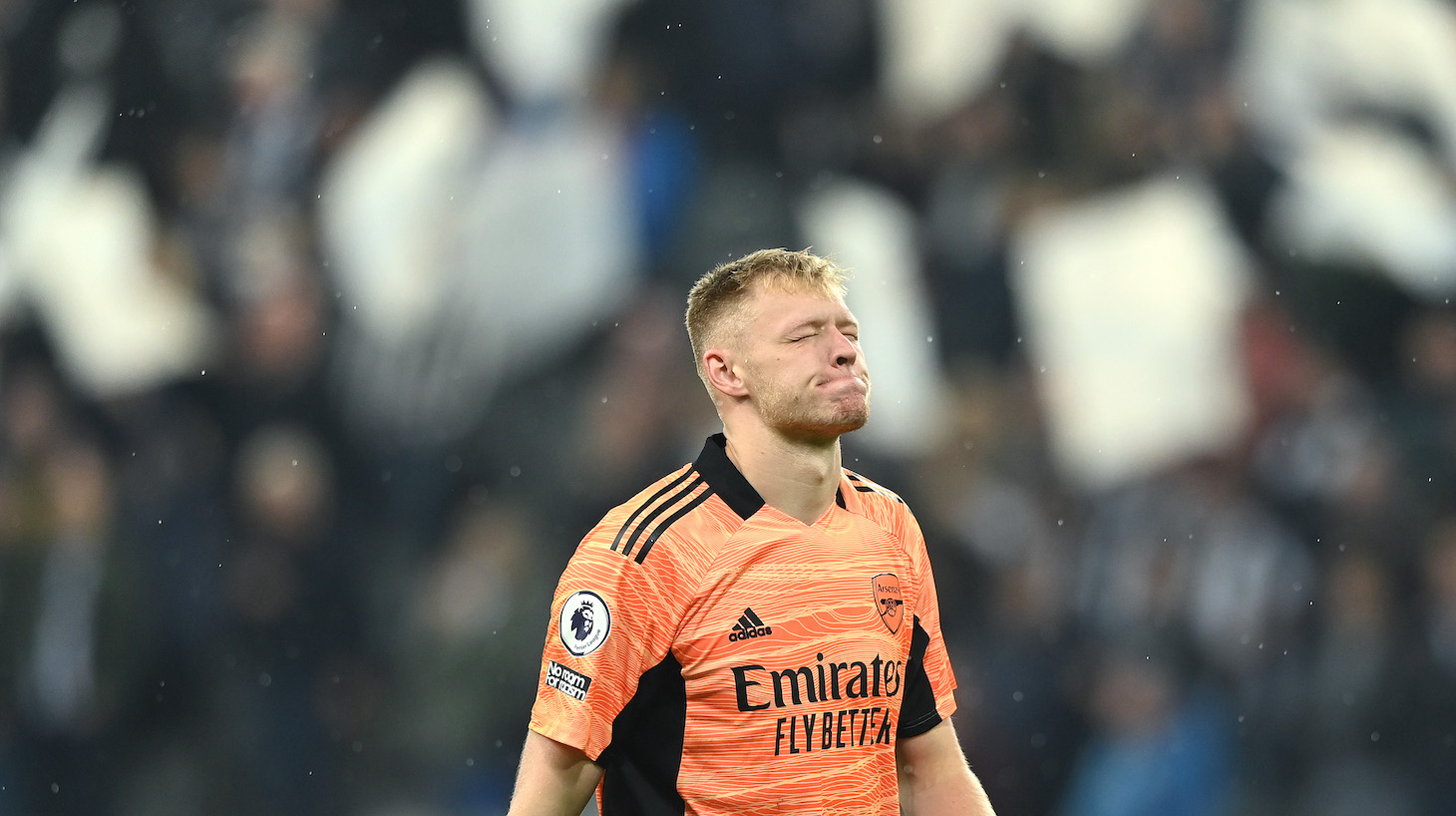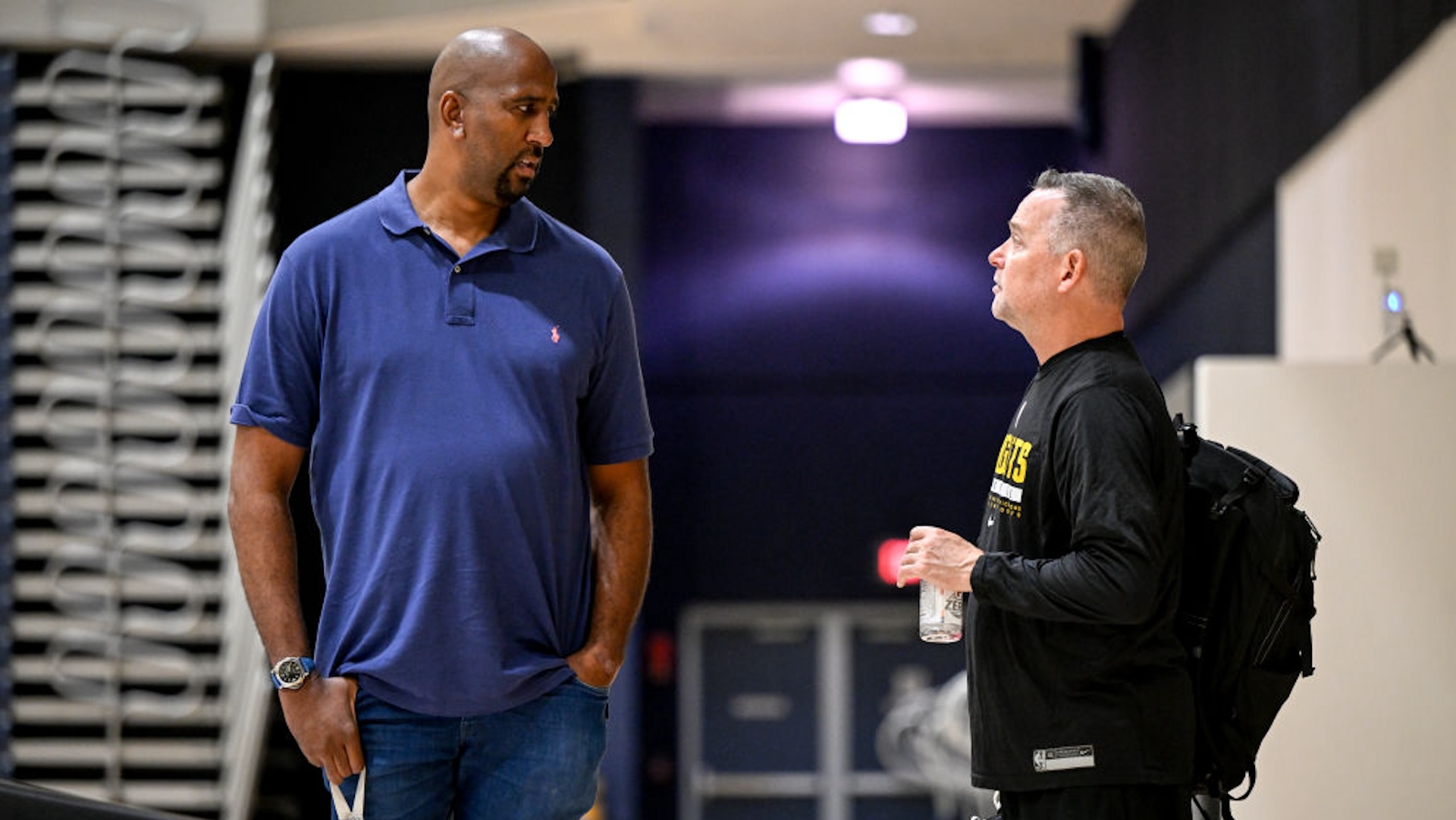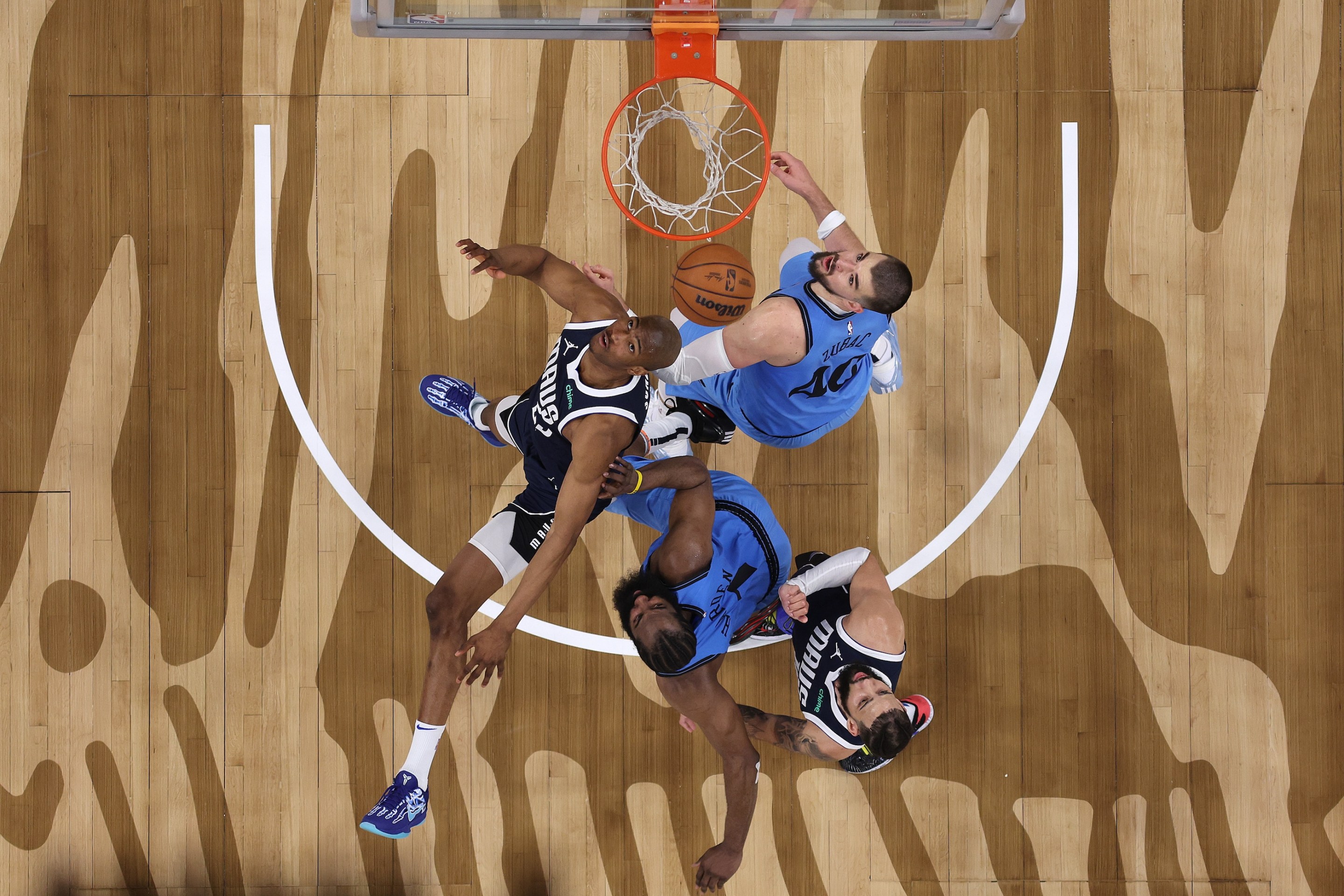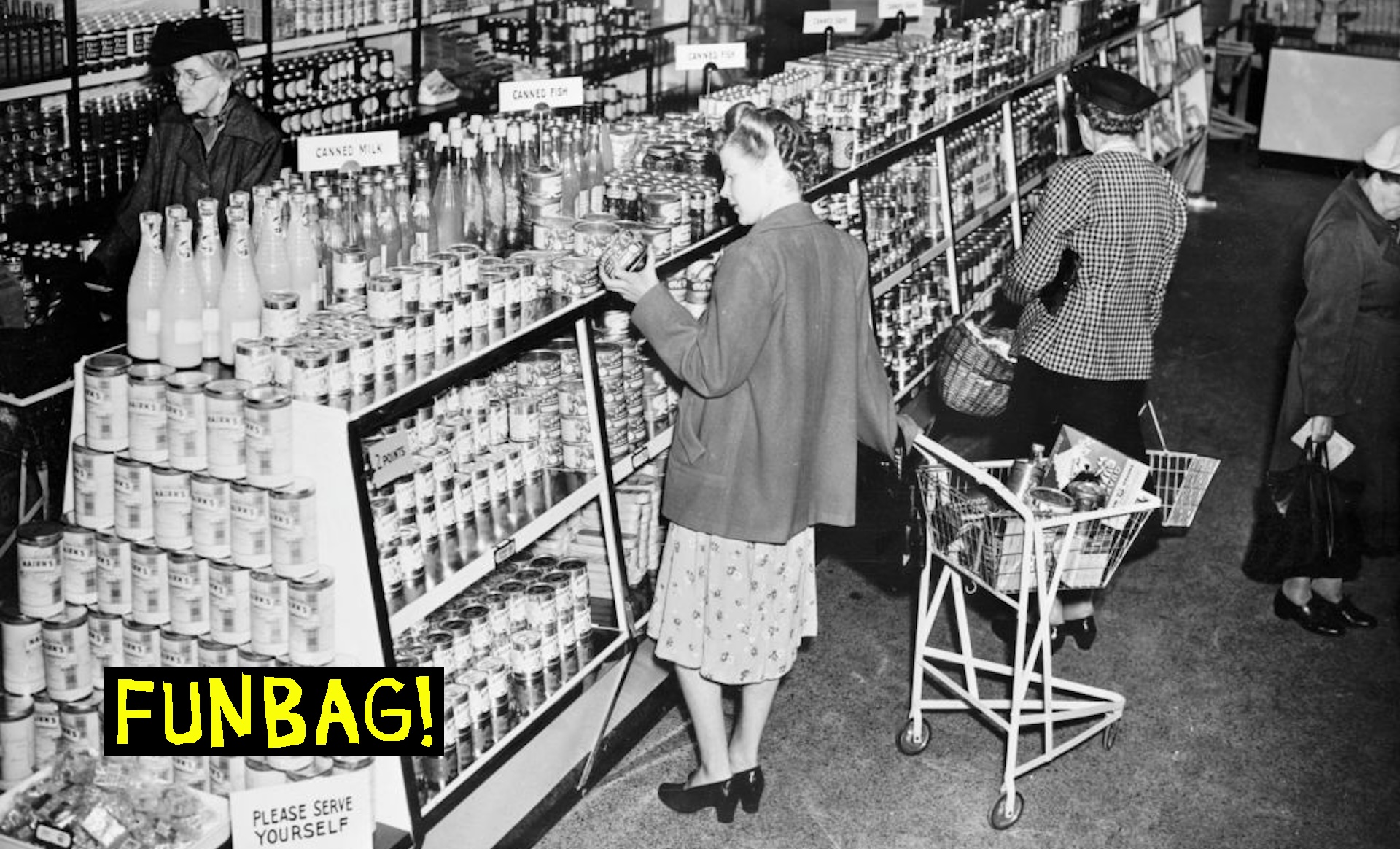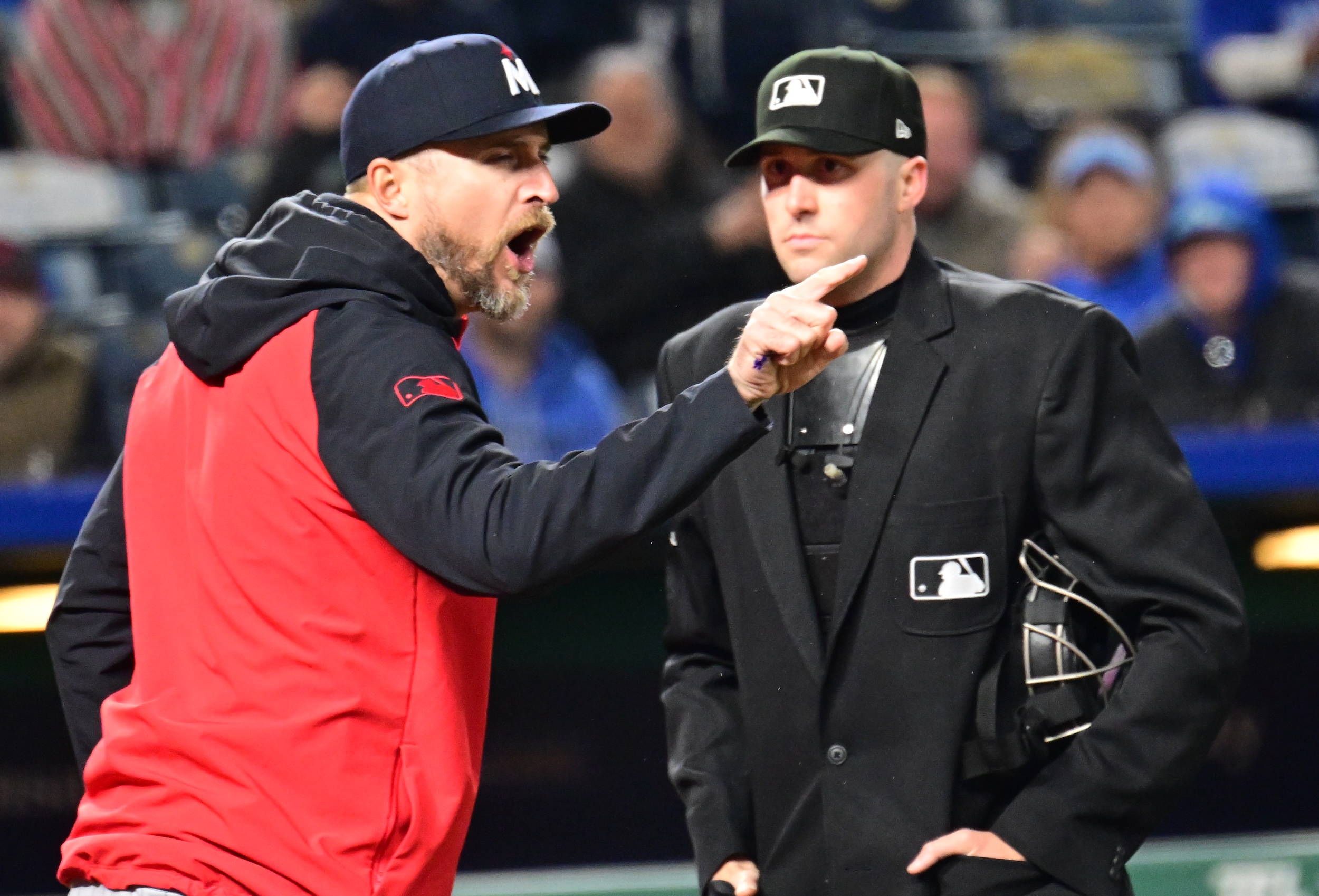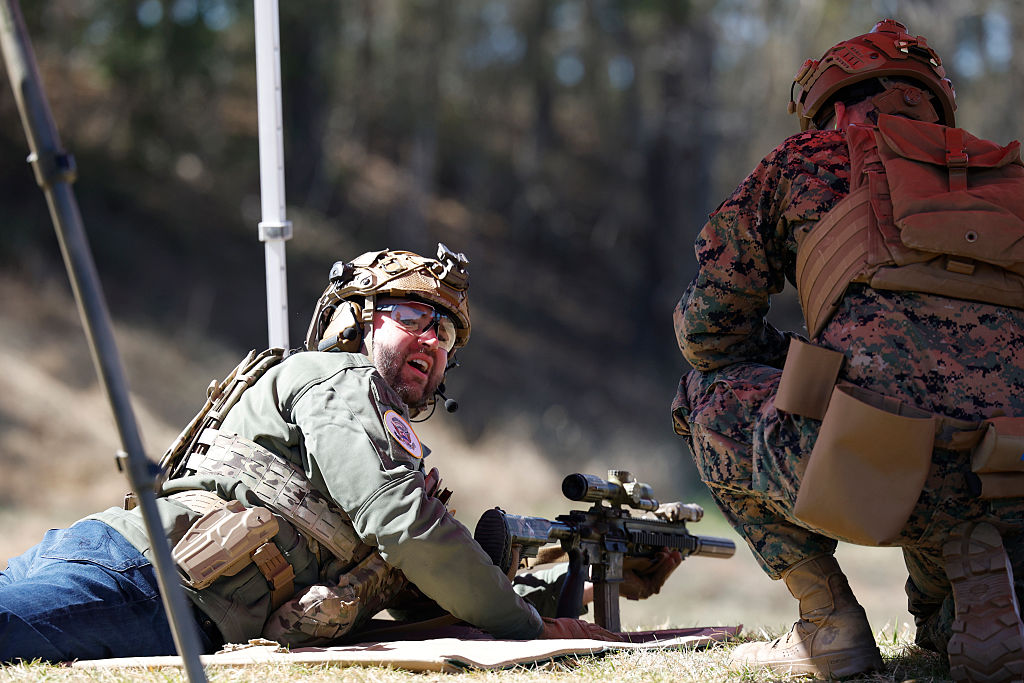OK, yes, Arsenal blew it. Going into the final matches of the fight for fourth, a scrap the Gunners had done so well for so long to make themselves favorites for, Arsenal suffered two catastrophic knockouts. The first blow came last Thursday, when Arsenal out-Spursed Tottenham Hotspur by getting clobbered in the North London Derby. Monday offered Arsenal a chance at redemption in the form of Newcastle United, but rather than defeat the formerly relegation-threatened Magpies and reassert their grip on the last Champions League spot, the Gunners again capitulated with another demoralizing loss. Now, barring an unlikely sequence of events—a Tottenham loss in the season-ender against an awful, already relegated Norwich City and an Arsenal win against Everton—Arsenal can kiss its Champions League dreams goodbye. This certainly qualifies as a debacle.
But is the situation at Arsenal really all that bad—or even "bad" at all? According to some of the punditry, it is indeed a disaster. There are certain pundits who appear to take particular glee when it comes time to crush Arsenal after a disappointing result or two. You can generally spot them by keeping an ear out for the sentence, "But it's Arsenal Football Club," saying the club's full name like an angry parent would to their child who just brought home a report card full of consonants. The normally excellent Rebecca Lowe played that puzzlingly harsh role during NBC Sports' Newcastle-Arsenal postgame show, seemingly trying to bait fellow commentators Tim Howard and Danny Higginbotham into calling for Arsenal manager Mikel Arteta's job. Thankfully, both Howard and Higginbotham resisted, and though they admitted how disappointing the last two games have been—and particularly how oddly lifeless Arsenal looked against Newcastle in a match with so much at stake—they managed to keep it all in perspective.
And that perspective is this: Arsenal's season has been fantastic. Coming into the campaign, no one expected the Gunners to contend so admirably for fourth place. Aside from the big three of Manchester City, Liverpool, and Chelsea, who were always going to claim three of the Champions League places, clubs like Manchester United, Tottenham, and Leicester City entered the season with stronger claims on the last UCL spot. And yet against those more experienced, more financially capitalized, and arguably just more talented competitors, Arsenal outplayed the lot of them almost all season, and with the youngest squad in the whole league.
Even on Arsenal's own ambitious timeline, a top-four finish this season probably was not considered a particularly realistic goal. Instead, the more sensible tasks for the team this year were to continue developing its insultingly young, frighteningly talented squad, establish a playing identity, and reestablish Arsenal as a team that plays well and can compete with anyone on any given day, biding time for player development and new player acquisitions in future transfer windows could once again build a roster that could expect to set its sights for the highest rungs of the league table. Arteta's Arsenal has done all that and more. Bukayo Saka, Martin Odegaard, Emile Smith Rowe, Gabriel Martinelli, Aaron Ramsdale, Gabriel Magalhães, Ben White, Kieran Tierney—each of them improved this year, almost every single one looks like a star in the making, and none of them are even 25 years old. When everyone was healthy, Arteta's 4-3-3 formation, its possession-heavy but still vertical attack, and its committed (though only intermittently practiced) high press made for the perfect system for all those talents to grow, thrive, and add points at a startling clip. By any measure, Arsenal greatly overachieved this season. So it's more than a little silly to slam them for coming up just short in a race they were never even expected to be in in the first place.
Still, there's no getting around the fact that losing those last two matches makes for a terribly bitter end to what so easily could've been a real triumph of a campaign. It was fair and even good for Granit Xhaka to say after the Newcastle match, "What happened was a disaster performance and like this you don’t deserve to play Champions League, you don’t even deserve to play Europa League." Xhaka, a locker room leader and one of the few starters who, at 29 years old, is in his career prime, can afford to be a little overly harsh, since his position makes him one of the players who is there to help the team learn and grow. More than winning titles or even winning games, what soccer is about, the thing fans and players and coaches alike really seek, is progress. That today is better than yesterday, and that the right things are happening to make tomorrow even better still. Arsenal's season has been an unalloyed success in the progress department, and the only real disaster to come from two losses against two good teams is if Arsenal doesn't take that disappointment and learn from the sting of it how to prevent it next time. Because from the way things are looking right now, there certainly will be a next time.
